Is Grain-Free Dog Food Good for Sensitive Stomachs?

(Above: Bernese Mountain Dog with Grain-Free Ingredients)
Digestive issues in dogs are among the most common—and frustrating—health problems faced by pet parents. From intermittent vomiting to chronic loose stools, gas, bloating, and loss of appetite, these signs often indicate a sensitive stomach. While many factors can be at play (from parasites to stress), diet is usually the most influential variable, and one of the easiest to correct.
Among the top recommendations by holistic veterinarians is a grain-free diet, not as a trend, but as a practical, biologically aligned solution. In this article, we explore whether grain-free dog food is good for sensitive stomachs and how to do it right.
What Does “Sensitive Stomach” Actually Mean?
Dogs with sensitive stomachs experience disrupted digestion when exposed to certain ingredients or combinations. This can result in:
-
Vomiting soon after eating
-
Loose or mucousy stools
-
Gas, bloating, or abdominal discomfort
-
Poor appetite or food refusal
-
Bad breath or irregular elimination patterns
These symptoms suggest the gut is struggling to digest and absorb nutrients efficiently, often due to:
-
Low-quality protein sources or poorly processed meat meals
-
Complex carbohydrates and grains (especially wheat and corn)
-
Artificial preservatives, flavours, or fillers
-
Overly dry food with insufficient moisture
Why Grains Can Be Hard on Sensitive Stomachs?
Grains—particularly wheat, corn, barley, and soy—can be difficult for dogs to digest for several reasons:
-
High in Starch: Dogs lack the salivary amylase enzyme, so breaking down grain starch relies heavily on pancreatic enzymes. For dogs with sensitive digestion, this extra metabolic burden can cause upset.
-
May Contain Gluten: Wheat, barley, and rye contain gluten proteins that can damage the intestinal lining in dogs with gluten intolerance, leading to malabsorption, leaky gut, or diarrhoea.
-
Insoluble Fibre and Lectins: Grains contain plant compounds (like lectins and phytic acid) that may irritate the gut lining and interfere with mineral absorption, especially in dogs with fragile digestion.
-
Promote Fermentation and Gas: When undigested starches reach the colon, they are fermented by gut bacteria, producing excess gas and bloating—key symptoms of a sensitive stomach.
Why Grain-Free Dog Food Is Often the First Line of Defense?
As discussed in our article "The Science Behind Grain-Free Dog Food: What Every Pet Parent Should Know," grain-free food is:-
-
Easier to Digest Protein Sources
Grain-free diets often use named, single-source proteins (like chicken or lamb) instead of by-products or meat meals. These proteins are easier to break down and less likely to trigger immune responses. -
Low Starch, Low Glycemic Ingredients
Instead of corn or rice, ingredients that offer soluble fibre that supports gut health and promotes firm stools are used, critical for dogs with IBS, colitis, or pancreatitis histories: -
Sweet potato
-
Pumpkin
-
Carrots
-
Coconut
-
Higher Moisture Content
Dry kibble diets can worsen stomach sensitivity by being too dry, making digestion harder. Wet grain-free foods have 70–80% moisture, aiding: -
Gastric motility
-
Nutrient breakdown
-
Better hydration (especially for senior dogs)
-
Fewer Irritants
Grain-free meals eliminate common gut disruptors: -
Gluten
-
Artificial binders
-
Corn gluten meal
-
Wheat middling
Fewer ingredients = fewer triggers for inflammation or allergic response.

But Not All Grain-Free Foods Are Ideal: What to Look Out For
Some grain-free commercial foods replace grains with excess legumes (like lentils, peas, or chickpeas). In large amounts, these:
-
May cause fermentation and gas
-
They are high in lectins, which potentially irritate the gut lining
-
It can still result in a high glycemic load if not balanced
To choose the right grain-free food:
|
✅ Look For |
❌ Avoid |
|
Named meats (chicken, lamb, buffalo) |
Generic “meat meals” |
|
Pumpkin, carrots, or coconut oil |
Excessive peas or lentils |
|
Moisture-rich formats (wet or lightly cooked) |
Dry kibble with no hydration |
|
Functional herbs (moringa, turmeric) |
Artificial flavorings or binders |

(Above: Dog which just vomited)
When to Use Grain-Free for Sensitive Stomachs
A transition to a grain-free diet should be considered when your dog shows:
-
Recurring diarrhea or soft stool
-
Bloating or gas post meals
-
Food intolerance or poor appetite
-
Vomiting undigested food
-
Bad breath despite dental care
-
Increased stool frequency or urgency
Grain-free feeding helps by reducing digestive workload, restoring gut lining health, and stabilising stool quality.
However, the transition should be:
-
Gradually over 5–7 days
-
Supported with probiotics and fresh hydration
-
Paired with consistent feeding times
-
Monitored for changes in energy, poop, and appetite
Homemade Grain-Free Feeding for Sensitive Dogs
If commercial foods aren’t working, you can try home-cooked grain-free meals, this can be achieved by using the right ingredients as mentioned in our article "Homemade Grain-Free Dog Food: What to Feed & Safety Tips" using:
-
Protein: Boiled chicken, turkey, lamb, eggs
-
Carbohydrates: Steamed pumpkin, sweet potato
-
Fats: Coconut oil, flaxseed oil
-
Digestive Support: Ginger, mint, turmeric
-
Supplements: Probiotic powder, calcium, zinc
Important: Work with your vet or pet nutritionist to ensure a balanced calcium: phosphorus ratio and complete nutrient profile.
Best Goofy Tails Meals for Dogs with Sensitive Stomachs
-
-
Single protein: Chicken
-
Digestive herbs: Spinach, Basil
-
Moist, gentle on the gut
-
-
-
Omega-rich lamb for anti-inflammatory benefits
-
Coconut oil for GI lubrication
-
100% grain- and gluten-free
-
-
-
Buffalo (lean, low-reactive protein)
-
Pumpkin and berries (soothing fibre and antioxidants)
-
Ideal for loose stool and high digestive sensitivity
-
These meals are formulated with real meat, moisture, and gut-friendly ingredients, avoiding common irritants found in traditional commercial food.
Conclusion
Yes, grain-free dog food is excellent for dogs with sensitive stomachs, provided it’s well-formulated, protein-focused, and clean. It reduces digestive strain, eliminates major allergens, and provides the hydration and nutrients needed for a resilient gut.
However, not all grain-free foods are created equal. Choose recipes with:
-
Single-source animal proteins
-
Digestible veggies like pumpkin and carrot
-
Moisture-rich, gently cooked formats
-
No hidden fillers or artificial binders
And remember, consistency across meals, snacks, and treats is key. Grain-free feeding is not just a trend—it’s a science-backed, gut-restorative strategy that, when done right, can dramatically improve your dog’s digestive health and overall vitality.


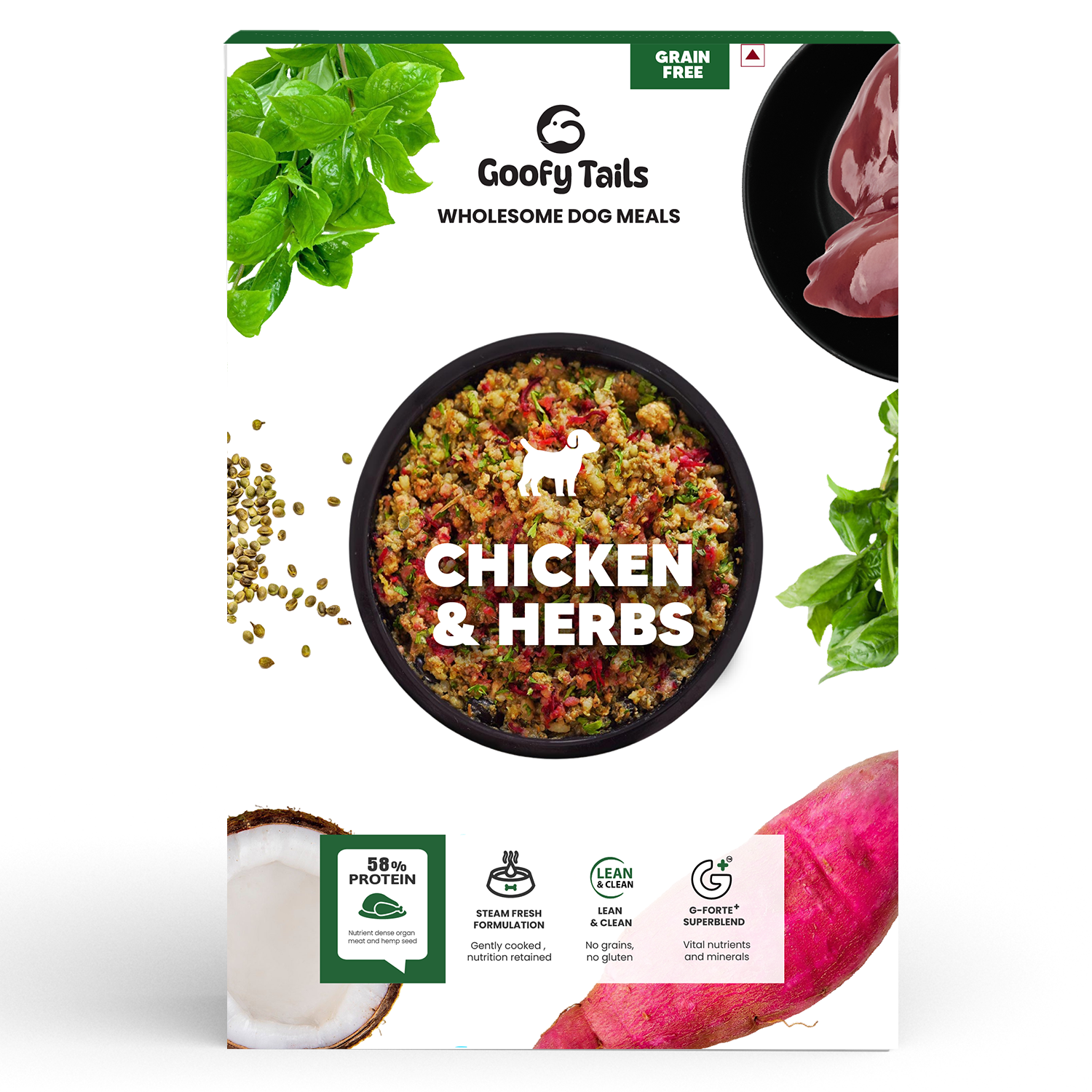
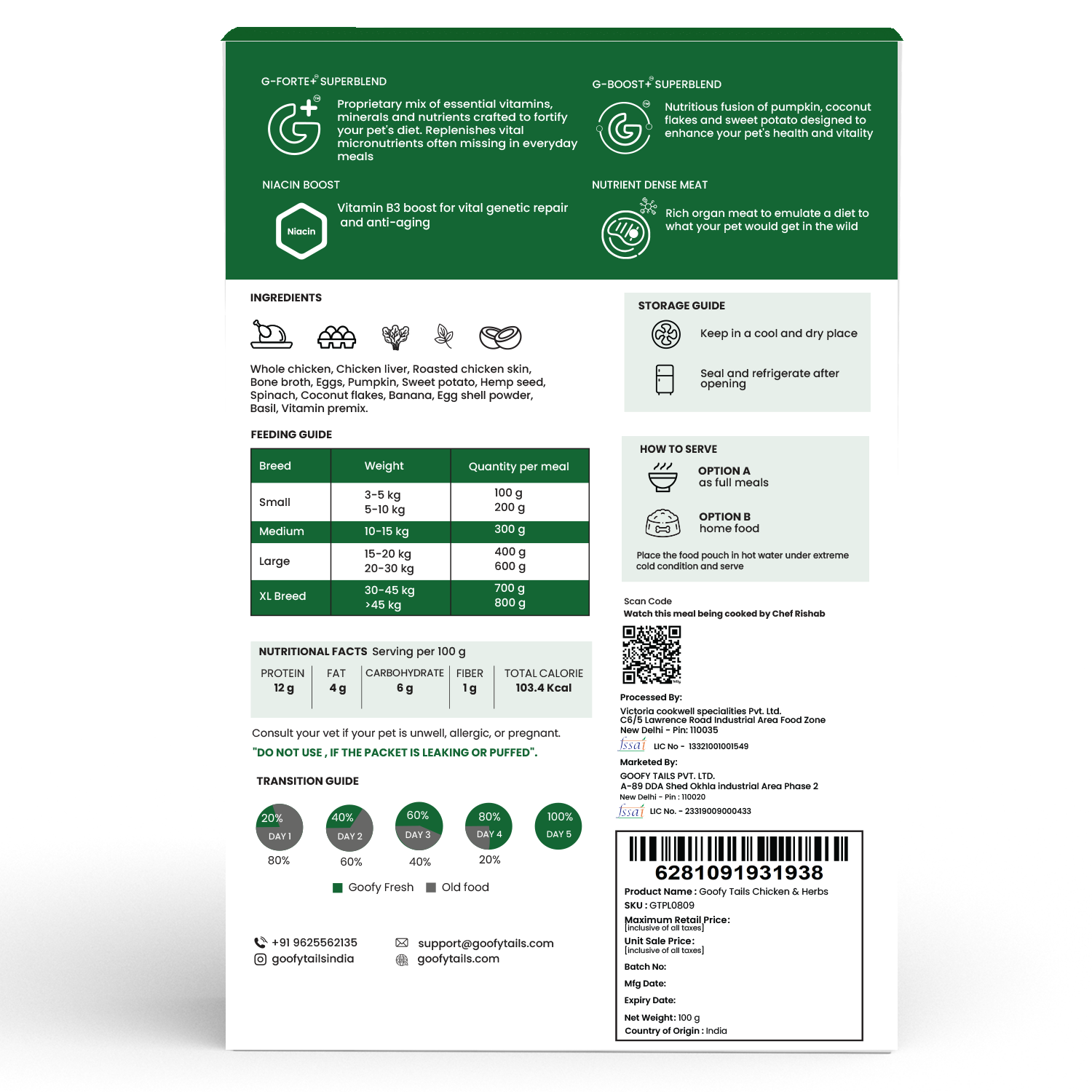
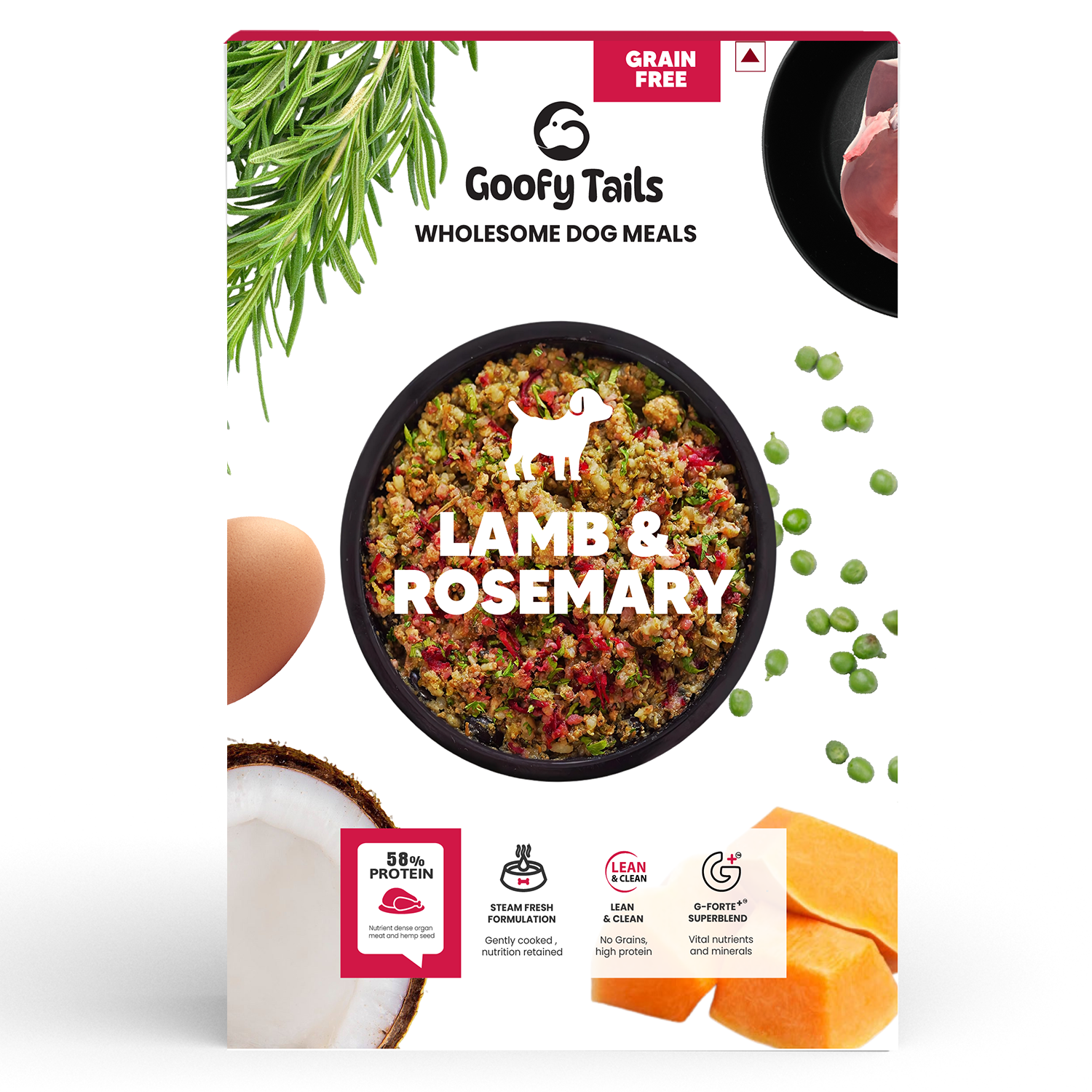
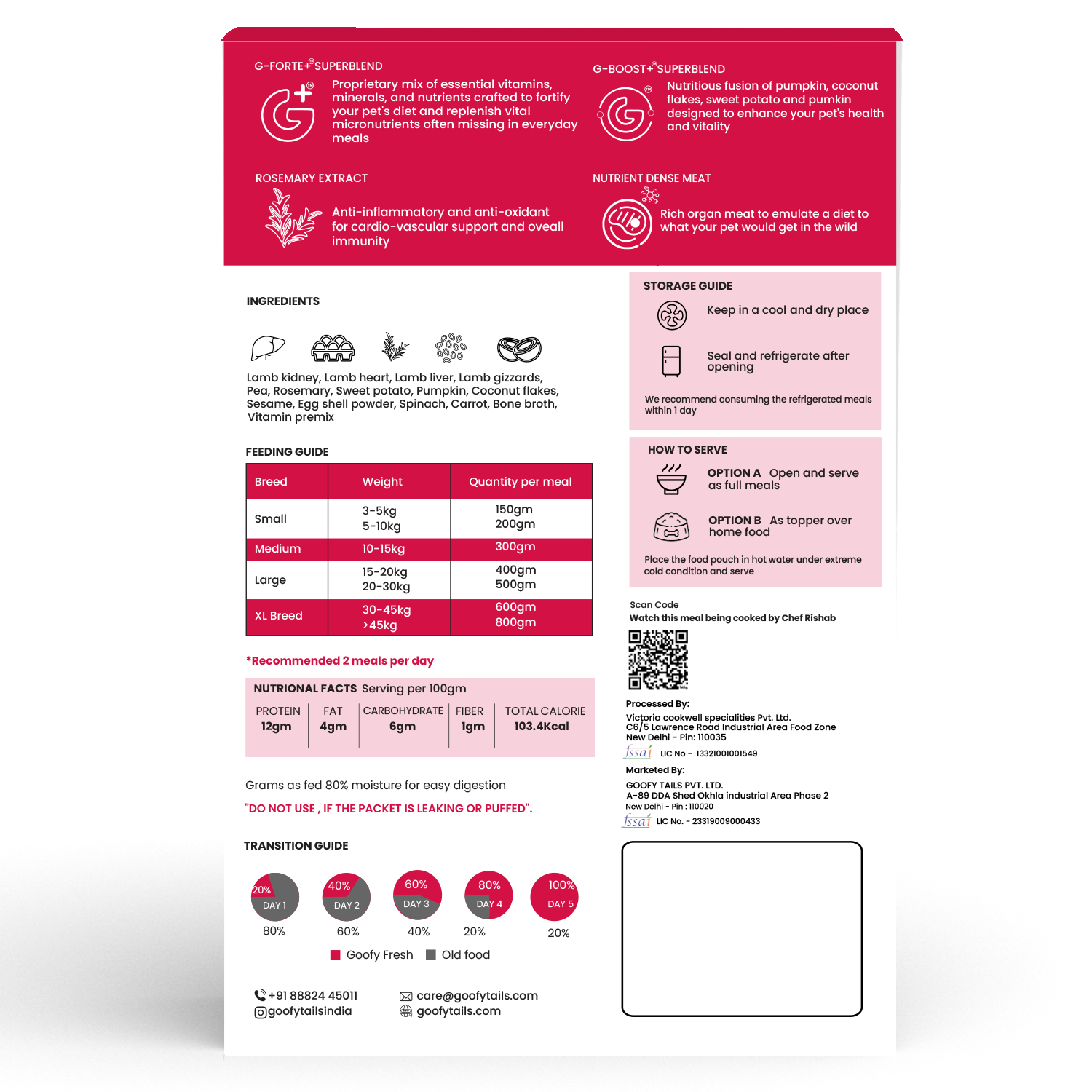
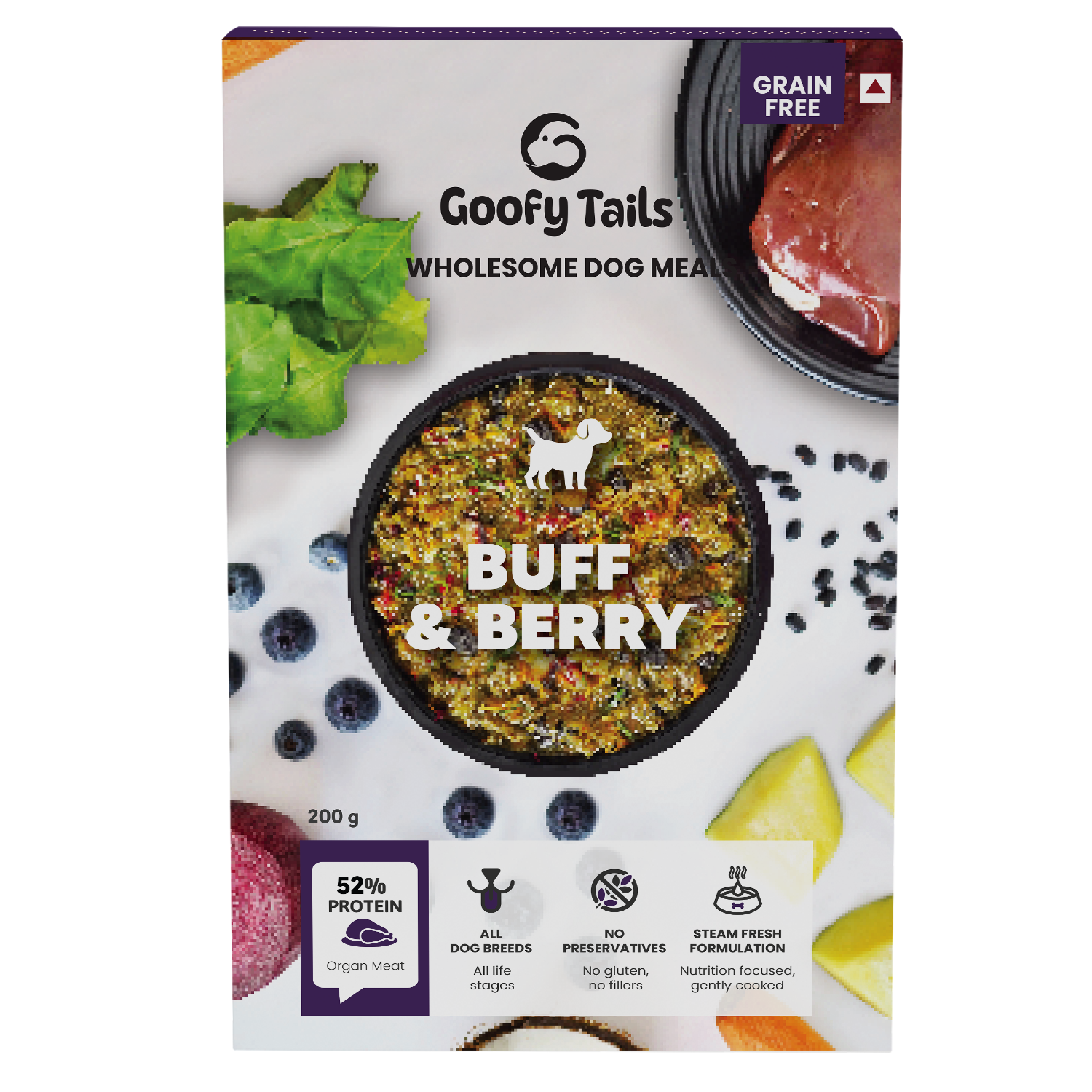
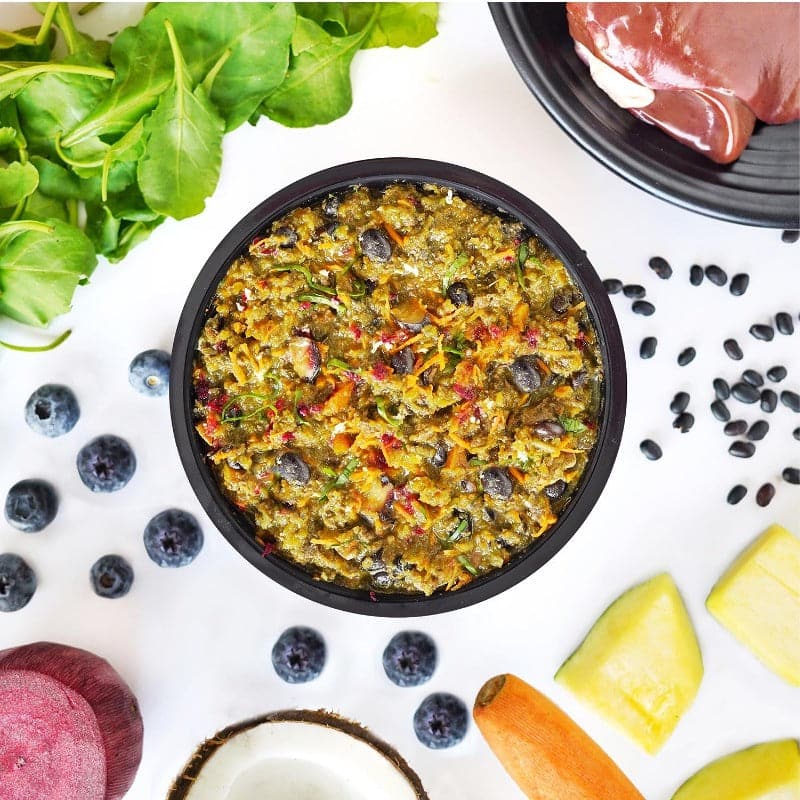
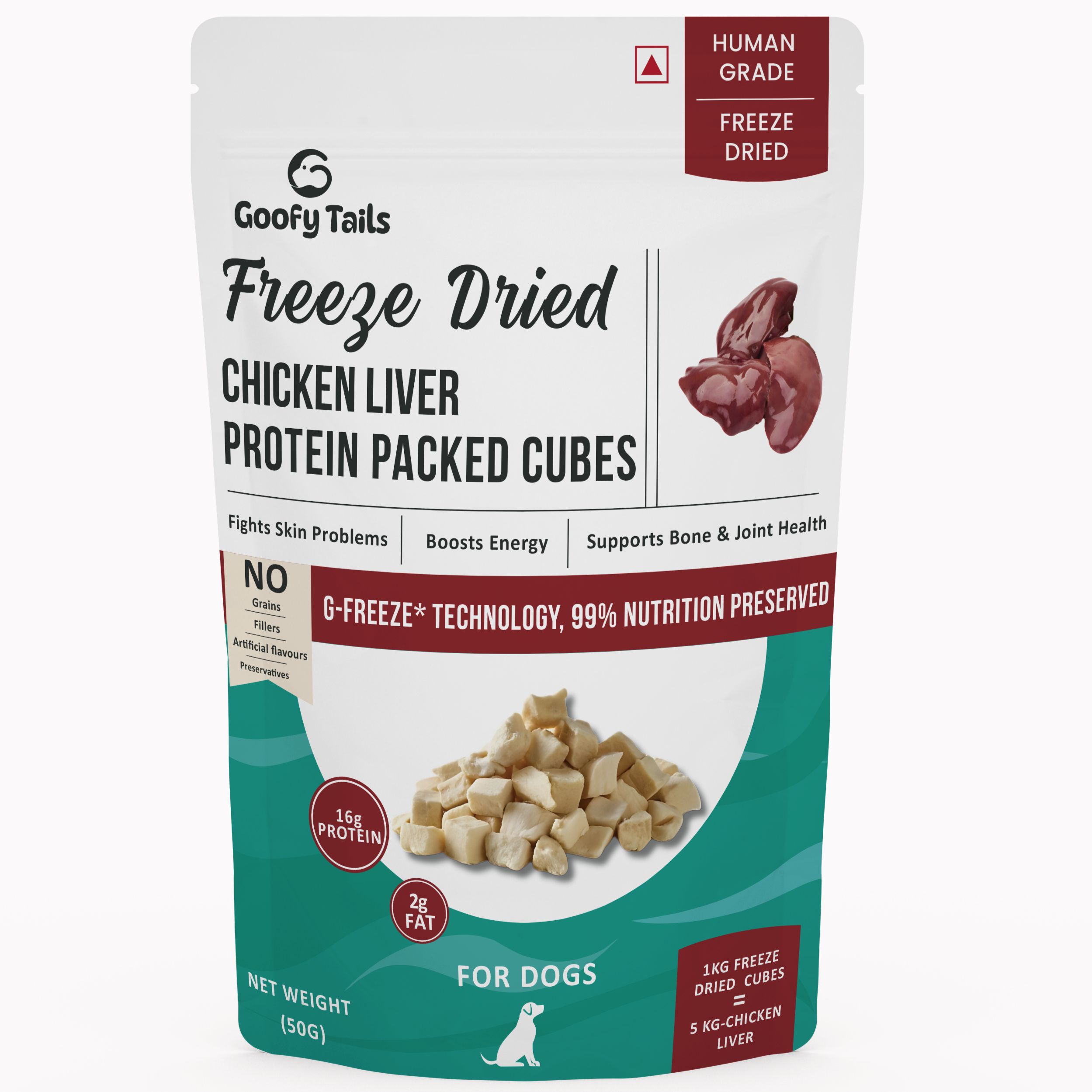
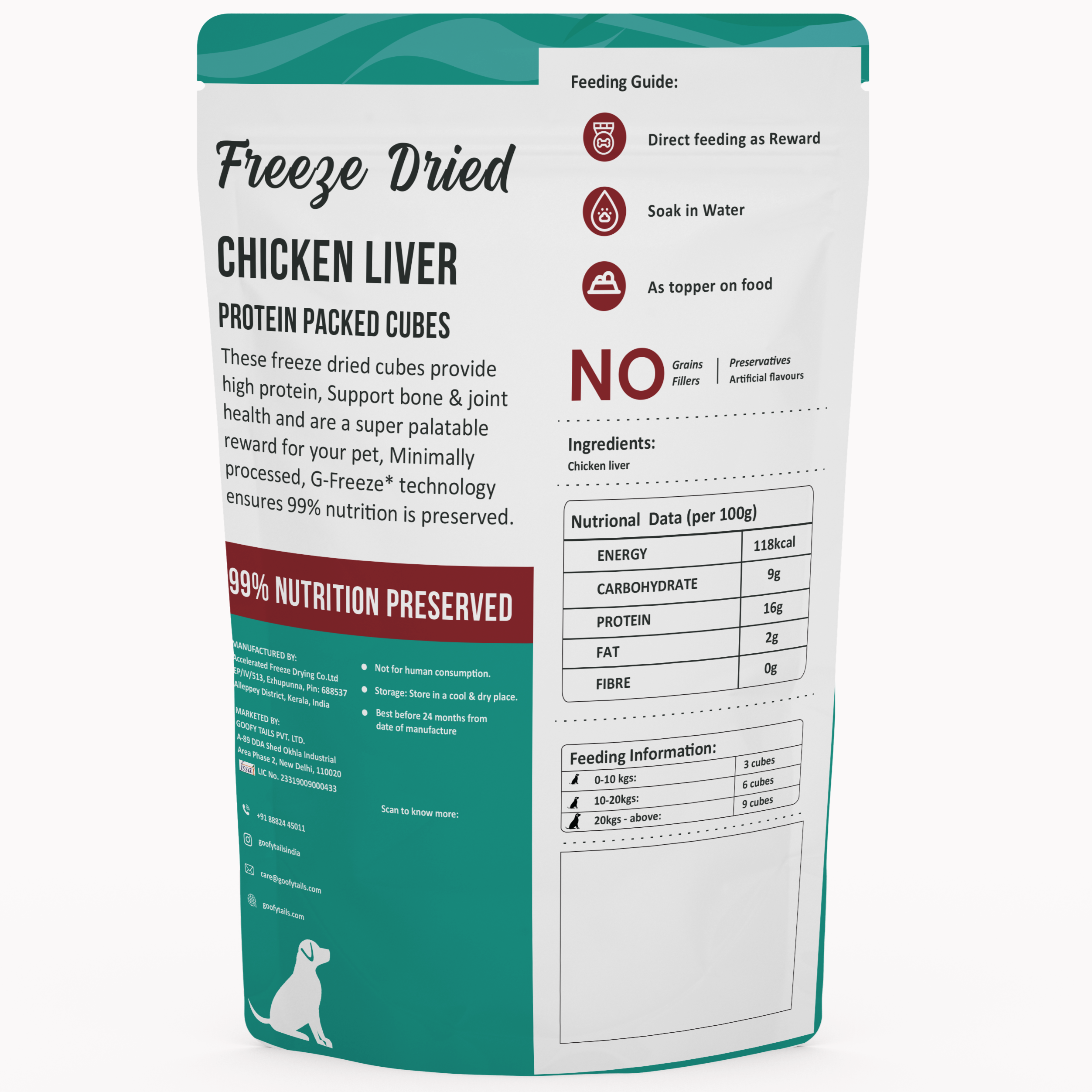






Leave a comment